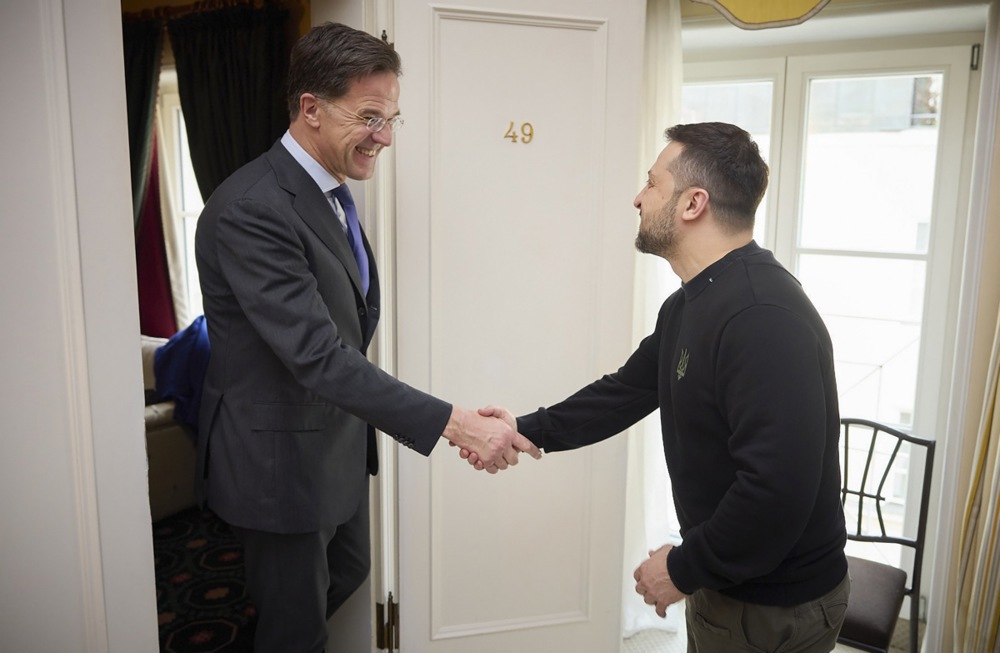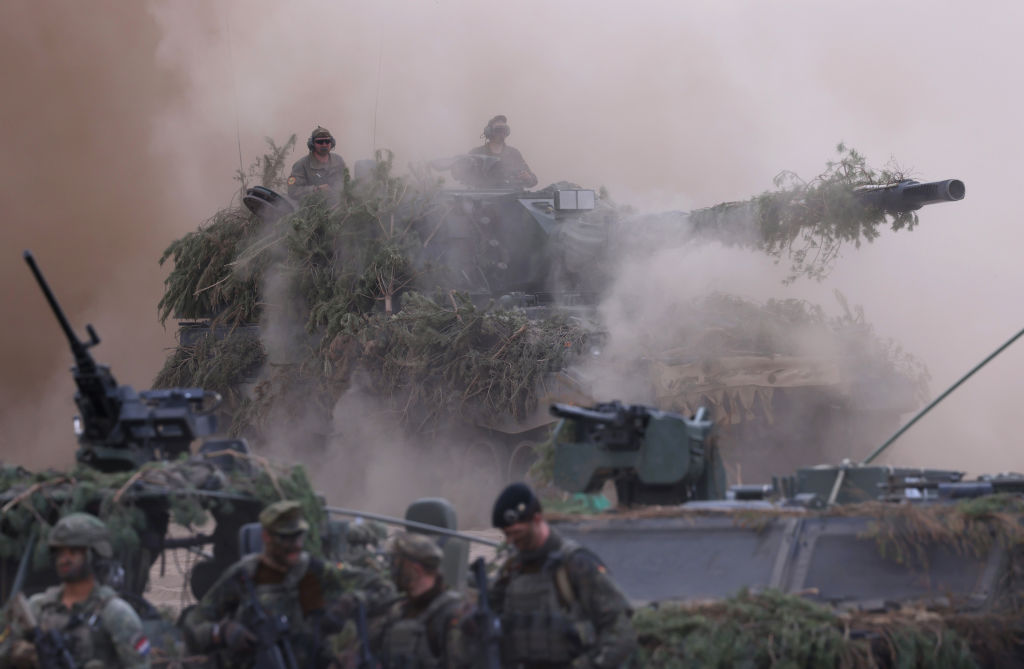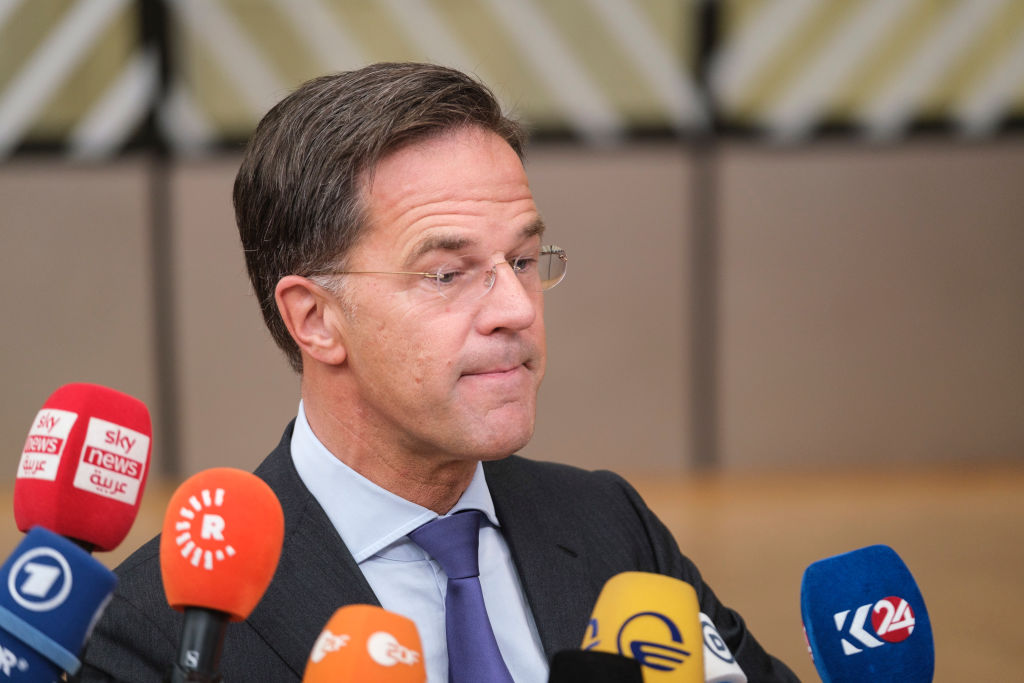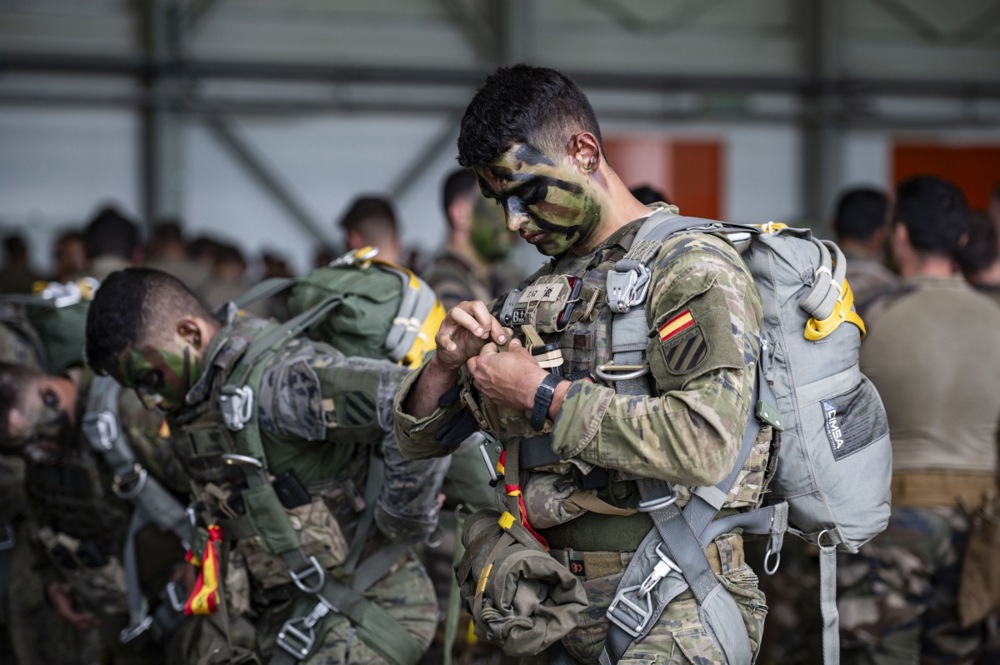A large majority in the Dutch parliament on October 8 approved the fixation of the two per cent spending norm in defence.
This will legally require the Netherlands to allocate two percent of its annual GDP to its military, in line with NATO’s agreed-upon standard.
Since Russia invaded Ukraine, pressure has been mounting on European countries to invest in their army to enhance collective security within the NATO alliance.
After years of post-Cold-War downsizing and making cuts, reaching a low point in 2014, the Netherlands has been sending more and more money to their defence, already reaching the two per cent norm this year, for the first time since 1993, but on a voluntary basis.
Now, the majority of the Dutch parliament voted to make it law, to avoid new cuts in the future, when the economy is down.
Of the major parties, only the alliance of Greens and Socialists (GroenLinks-PVDA) had reservations against the law, saying they “doubt the necessity” of legislating the norm to meet the target.
They claimed that the law can also be withdrawn or not implemented in the future and noted that the law entails “a restriction of the Chamber’s budget rights”.
The law was initiated by the Reformed Political Party (SGP), a Christian-conservative party that has been hammering on more defence spending for years. Chris Stoffer, who championed the law, reminded the rest of the plenary that “the historical mistake” of military cuts caused extra spending to compensate.
The Liberal VVD party was very much in favour of the law, with Eric van der Burg citing Winston Churchill in 1949, who said in his Iron Curtain Speech, “There is nothing [the Russians] admire so much as strength, and there is nothing for which they have less respect than weakness, especially military weakness.”
Freedom Party (PVV) MP Joeri Pool went back further in time, referring to Dutch military defeats in 1672, 1795 and 1940, each time when the country neglected its defence, saying the country should learn its lesson and calling the recent underinvestment into the army a “low point in history.”
While the Dutch say this proves they are a “reliable partner” within NATO, the Atlantic Alliance is already indicating two per cent is not enough, and more might be needed.
During his inaugural speech, new NATO Secretary General Mark Rutte said, “To keep NATO strong and ensure our defence remains effective and credible against all threats, we need more forces, better capabilities faster innovation; this requires more investment.”
The Belgian army’s stocks of ammunition are dangerously depleted and are currently at just 7 per cent of the level required by NATO, Belgian MP @FranckenTheo has claimed. https://t.co/OARm1ecApO
— Brussels Signal (@brusselssignal) April 19, 2024





